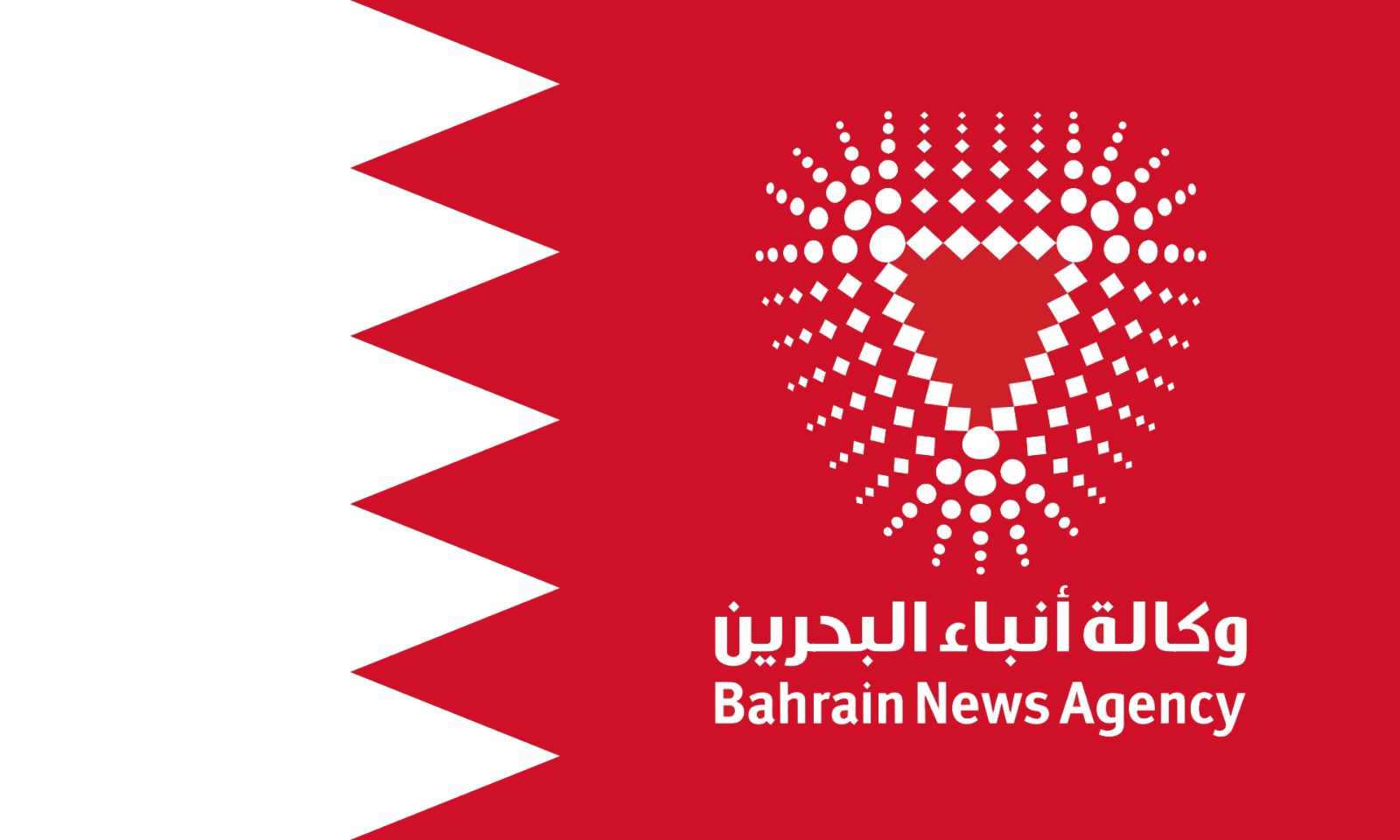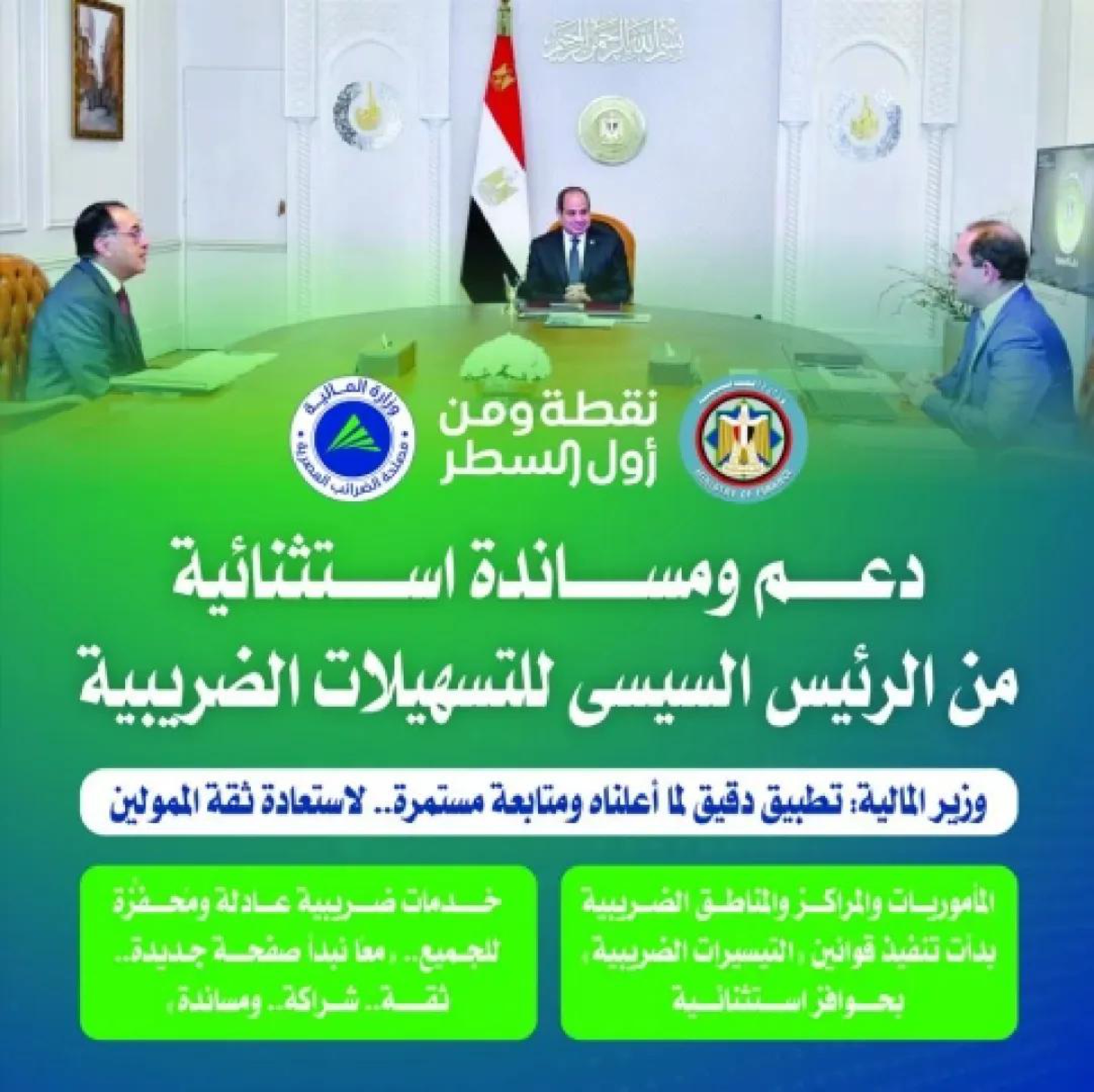CAIRO, April 25 (MENA) - Chairman of the Board of Directors and Editor-in-Chief of the Middle East News Agency Ahmed Kamal affirmed that real development in Sinai began in 2014 with President Abdel Fattah el-Sisi assuming leadership of the Egyptian state according to a comprehensive strategy.
In a statement to "Radio Egypt" on Thursday, Kamal added that President Sisi's strategy for development in Sinai first included clearing the area of terrorist hotbeds that emerged after the events of 2011, and secondly, implementing an urgent and deep development plan to improve the lives of Sinai residents as an integral part of the Egyptian people.
"We clearly see unprecedented and clear appreciation from the political leadership for the sacrifices made by the people of Sinai, whether during the war with external enemies or in confronting armed terrorist gangs in some areas of Sinai," he said.
He pointed out that since 2014 and as President Sisi assumed his national responsibilities, the Egyptian state has used all its comprehensive components: people, army, and leadership to provide a model of work and dedication that embodies the goals of our new republic and outlines a bright and promising stage in Egypt's modern history.
He noted that everyone in Sinai has worked according to the vision of "a hand that builds and a hand that defends... a hand that produces and a hand that secures production... a hand that constructs and a hand that protects construction."
He emphasized that the people of Sinai, like all Egyptians, have always been united in depth and in confrontation alongside our Armed Forces and the political leadership to achieve a rapid development breakthrough that has long been delayed in Sinai.
He continued, stating that April 25th is a cherished and precious anniversary to every Egyptian, and that although this anniversary marks the final demarcation of the Taba region, it has great symbolism, affirming that Egypt does not relinquish an inch of its land and preserves its sovereignty over every grain of sand.
He added that this anniversary represents a battle of integration between military and political work. We first regained our land by force of arms after the world turned a deaf ear to calls for a peaceful solution after the aggression of June 5, 1967. Second, by the force of science and law, an international arbitration was conducted on Taba, where military experts, scientists, space and document experts, and Egyptian legal cadres cooperated to present strong arguments proving Egypt's sovereignty over this dear part of its land despite its small size and area.
He said that Sinai has always been Egypt's eastern gateway, and hence its strategic importance to the Egyptian decision-maker. It was viewed before the peace agreement with Israel as a confrontation zone, and development efforts were threatened amidst various rounds of conflict, leading to incomplete development rates, he further explained.
He pointed out that currently, 302 projects are being implemented in Sinai with investments amounting to EGP 363 billion in the six districts in North Sinai; Rafah, Al-Arish, Sheikh Zuweid, Bir al-Abd, Nakhl, and Hassana.
Kamal also noted that President Sisi, as leader of the state and society, was keen to involve the people of Sinai in identifying their priorities for projects of social and economic development, in a manner that integrates with the strategic plan of the Egyptian state to construct a comprehensive infrastructure for all of Sinai to serve the giant projects that will change the face of life there.
He emphasized the importance of healthcare projects being implemented in Sinai alongside the development of the university and pre-university education system in disciplines required by development projects such as fisheries, port management and technology.(MENA)
M H E/R G E
MENA chairman: Real development in Sinai began in 2014 with President Sisi assuming leadership of state
Egypt/Sinai Liberation/MENA/Egypt
You have unlimited quota for this service





 ar
ar en
en fr
fr






